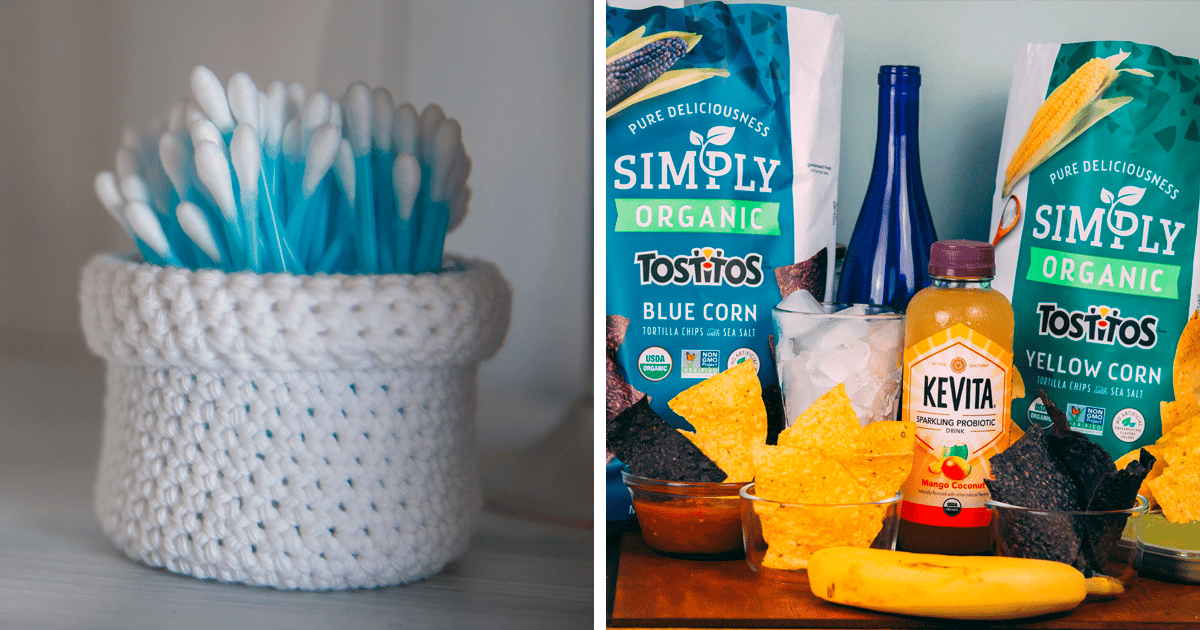Unlike adults, kids do not think much about their appearances, the things they own, or how much money their parents make. All they want is loving family members who would care for them. But when people start comparing their family’s status and income to their friends, everything changes.
Writer and publicist Victoria Barrett asked her followers on Twitter: “Former poor kids: what are some things you have in the house that you *never* had as a kid, things your not-poor friends would never consider luxuries?” The question brought up some difficult memories and a deluge of tweets from people who grew up in poor households.
Whether it’s fresh fruit, shoes, or toilets, the thread revealed that things people often take for granted were seen as comforts by children who grew up impoverished.
We have selected some of the most illuminating answers, so check them out below and be sure to share your thoughts in the comments.

1.

2.

3.

Victoria Barrett’s post quickly went viral by touching the hearts of thousands. People saw it as a truly emotional thread and started sharing their own examples. Many of the things people lacked when growing up resonated deeply with the writer. She started liking so many of the responses, Twitter even labeled her as a bot. “Twitter has decided that I’m clicking the heart on your replies too fast and I must be a bot, so if I don’t [heart] your tweet, know that I see you and feel you,” she tweeted.
The author of this post revealed that she had experienced childhood poverty herself by writing out some of the things she never had at her house: “A few of mine are Kleenex, band-aids, ziplock bags, and paper towels.” In another tweet, she added, “Another one for me is an actual bedroom. With a closet in it. Also a car! That works! And another car that works in the same family!”
4.

5.
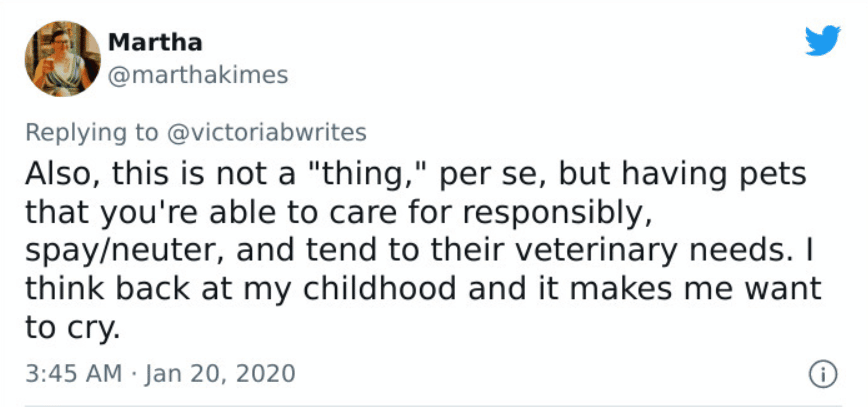
6.

For many, this might seem like pretty simple objects that thousands of people couldn’t live a day without. That’s why it’s easy to forget that some things we take for granted or consider to be common additions to our basic human needs are actually items that people below the poverty line might consider the biggest luxuries imaginable.
This thread serves as a good reminder to appreciate the things you have and that not everyone has easy access to them. In fact, Columbia University found that the monthly child poverty rate increased by 4.9 in January 2022 alone, and it’s the highest rate since the end of 2020. This increase in poverty “represents 3.7 million more children in poverty due to the expiration of the monthly Child Tax Credit payments.”
7.

8.

9.

There’s an abundance of scientific evidence that shows poor kids grow up to have a myriad of physical problems as adults. Cornell University researchers conducted a study by following 341 participants over a 15-year period (who were tested at ages 9, 13, 17, and 24) where they reveal that childhood poverty can cause significant psychological damage in adulthood too.
In the study, children who grew up impoverished showed signs of aggression, bullying, and increased feelings of helplessness, compared to kids from middle-income backgrounds. Plus, they experienced more chronic physiological stress and deficits in short-term spatial memory.
“What this means is, if you’re born poor, you’re on a trajectory to have more of these kinds of psychological problems,” Gary Evans, the author of the study and professor of environmental and developmental psychology at Cornell, told Science Daily.
10.

11.
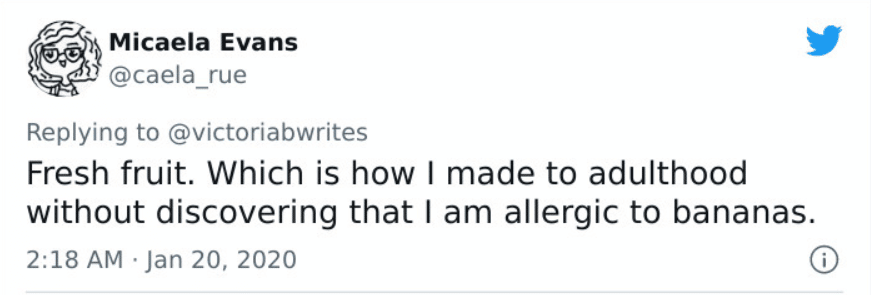
12.

13.

“With poverty, you’re exposed to lots of stress. Everybody has stress, but low-income families, low-income children, have a lot more of it,” Evans added. “And the parents are also under a lot of stress. So for kids, there is cumulative risk exposure.”
The child psychologist explained that the findings of this study are important since kids who grow up in poverty are likely to stay impoverished as adults — there’s a 40 percent chance that a son’s income will be the same as his father’s. “People walk around with this idea in their head that if you work hard, play by the rules, you can get ahead,” he said. “And that’s just a myth. It’s just not true.”
14.

15.
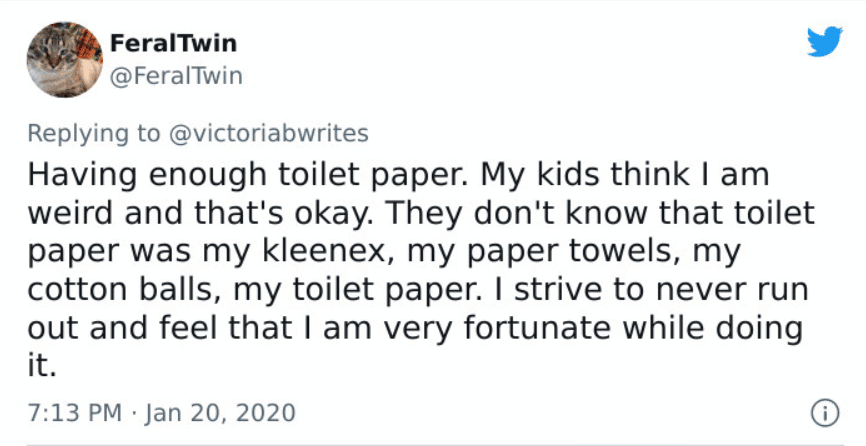
16.

Participants had to perform several tests of short-term spatial memory, helplessness, mental health, and chronic physiological stress. Evans explained that the study has two implications. First, one of the best ways to prevent these problems is early intervention: “If you don’t intervene early, it’s going to be really difficult and is going to cost a lot to intervene later,” he noted.
Then, increasing the incomes in poor households is the most efficient way to minimize a child’s exposure to poverty and their risk of developing psychological problems. He mentioned that if a family is poor and has children, the federal government should provide them with extra income that’s enough to participate in society.
17.
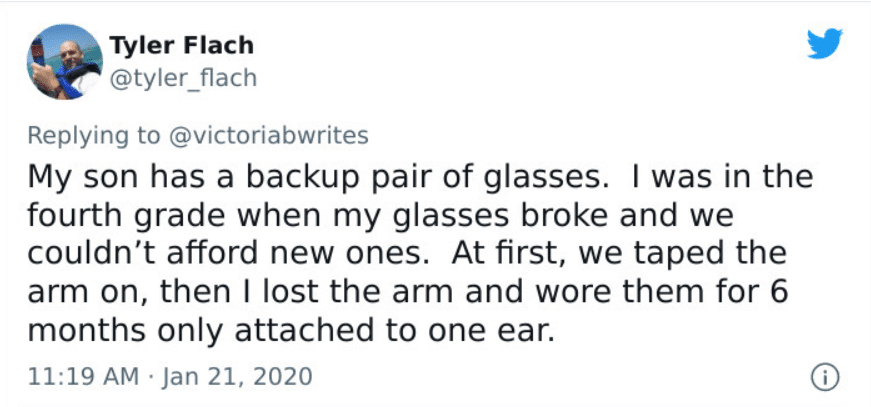
18.

19.

“It’s not true you can’t do anything about poverty. It’s just whether there’s the political will, and are people willing to reframe the problem, instead of blaming the person who is poor and — even more preposterous — blaming their children,” he said. “This is a societal issue, and if we decide to reallocate resources like we did with the elderly and Social Security, we could change the kind of data this study is showing.”
20.

21.

22.

23.

24.

25.

26.
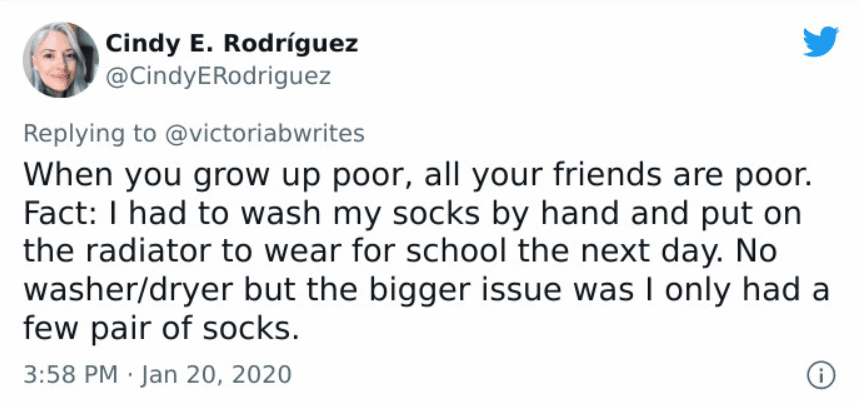
27.

28.
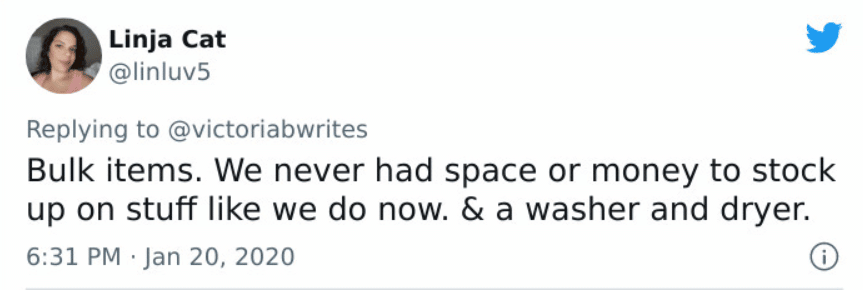
29.
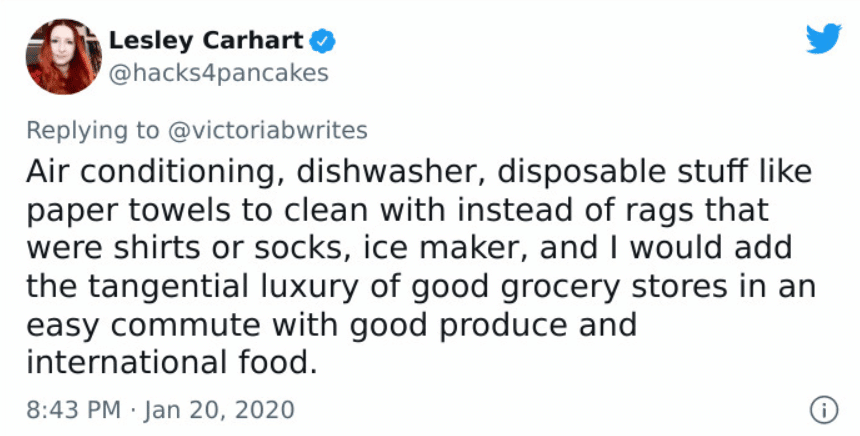
30.



